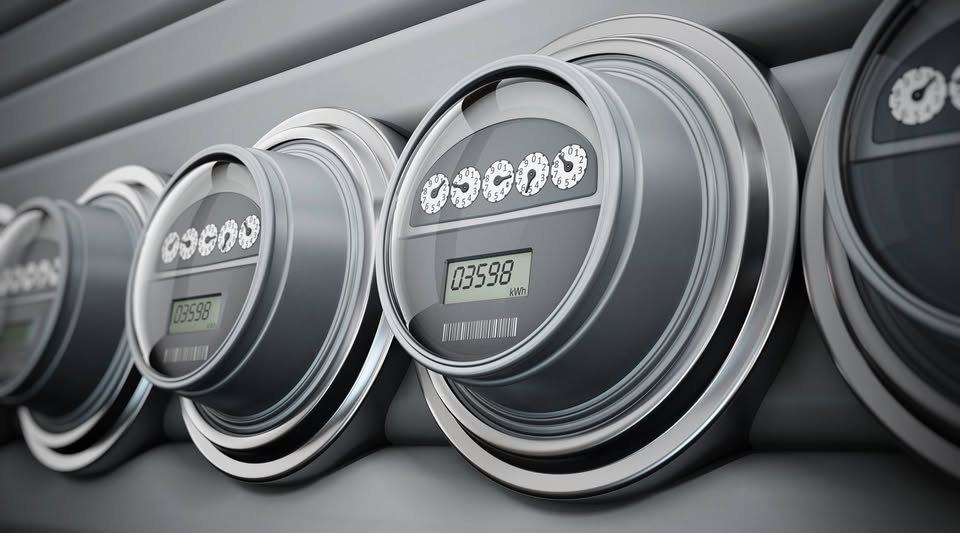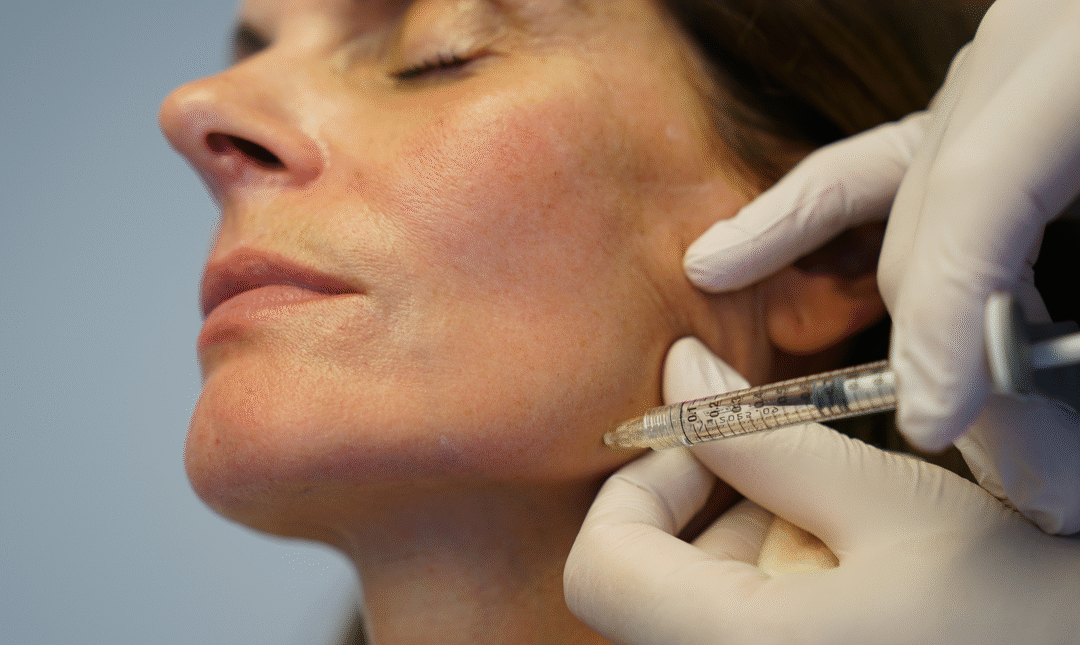Professional dental cleaning is often praised for preventing cavities, gum disease, and bad breath. Yet, a common question lingers: Is teeth cleaning bad for your enamel? For those considering Teeth Cleaning In Dubai, this concern comes up frequently, especially among first-time patients. With so much misinformation online, it’s important to separate myth from reality and understand how professional cleaning really affects your teeth—especially the enamel, the hard outer layer that protects them.
Understanding What Enamel Is:
To determine whether cleaning can damage enamel, you must first understand what enamel is. Tooth enamel is the thin, outer layer of your teeth made mostly of minerals, particularly hydroxyapatite—a dense, crystalline calcium compound. It protects the softer inner layers from decay, temperature sensitivity, and wear. While enamel is incredibly strong, it’s not invincible. It doesn’t regenerate, so taking care of it is essential for long-term oral health.
How Professional Cleaning Works:
Professional dental cleaning involves several steps: scaling to remove tartar, polishing to eliminate surface stains, and sometimes fluoride application to strengthen enamel. The tools used—whether ultrasonic scalers or manual instruments—are carefully designed to clean without harming tooth structure. Contrary to common belief, cleaning targets plaque and tartar, not enamel itself.
-
Scaling removes hardened tartar (calculus) above and below the gumline
-
Polishing smooths the tooth’s surface and enhances its shine
-
Fluoride treatments help re-mineralize enamel post-cleaning
None of these steps physically remove or wear down the enamel when performed by trained professionals.
Why People Believe Cleaning Harms Enamel:
The myth that cleaning damages enamel often stems from sensations experienced during or after the procedure. Patients may feel mild sensitivity or notice their teeth feel smoother, leading them to believe something was “scraped off.” In reality, the sensitivity usually comes from exposed dentin or existing gum issues, not from enamel loss. Polishing may also give the impression of enamel being altered, but it’s only cosmetic.
-
Post-cleaning sensitivity is usually temporary
-
Smoothness is due to tartar removal, not enamel erosion
-
Any discomfort is often related to underlying issues, not the cleaning itself
This myth is especially prevalent in online forums or among those with prior negative dental experiences.
Frequency of Cleanings and Enamel Health:
Some worry that too-frequent cleanings might weaken their teeth. However, routine cleanings—typically every six months—are not only safe but also recommended by dental professionals worldwide. In cases where patients have gum disease, more frequent cleanings may be needed, and they are still enamel-safe. The key is not how often you clean, but how it’s done and who performs it.
-
Professional cleanings are guided by clinical standards
-
Over-cleaning at home (aggressive brushing) is more damaging
-
Dental hygienists are trained to protect tooth structure
When done correctly, cleanings preserve enamel rather than degrade it.
What Actually Damages Enamel:
While cleaning doesn’t harm enamel, several everyday habits do. These actions can slowly erode the enamel layer and lead to long-term dental problems:
-
Consuming acidic drinks like soda, citrus juices, or sports drinks
-
Brushing too hard with a hard-bristled toothbrush
-
Using abrasive toothpaste that wears down the surface
-
Teeth grinding (bruxism) during sleep or stress
-
Poor oral hygiene, leading to acid-producing bacteria buildup
Understanding these factors is far more important than worrying about professional cleanings.
How Teeth Cleaning In Dubai Protects Enamel:
Dental clinics offering Teeth Cleaning In Dubai prioritize patient education and enamel preservation. Advanced tools, gentle techniques, and well-trained hygienists ensure that cleanings are effective yet non-invasive. Many clinics use:
-
Ultrasonic scalers that minimize enamel contact
-
Low-abrasion polishing pastes
-
Post-cleaning fluoride or remineralizing treatments
-
Customized advice on maintaining strong enamel
In Dubai’s competitive dental market, patient safety and comfort are essential, making it a trusted location for regular cleanings.
Signs Your Enamel May Be At Risk:
Knowing when your enamel might be compromised can help you take proactive steps. Watch for:
-
Increased tooth sensitivity to hot, cold, or sweet foods
-
Discoloration (yellowing as enamel thins)
-
Chips or cracks along the tooth surface
-
A smooth, shiny appearance on certain areas (sign of erosion)
If you notice any of these signs, consult your dentist immediately—these are not caused by cleanings but may require more frequent professional care.
How to Keep Your Enamel Strong Between Cleanings:
Maintaining enamel strength isn’t just about what happens in the dental chair. Daily care and mindful habits play a huge role:
-
Use a soft-bristled toothbrush and brush gently
-
Wait at least 30 minutes after eating before brushing
-
Rinse with water after consuming acidic foods or drinks
-
Use a fluoride toothpaste to remineralize enamel
-
Wear a night guard if you grind your teeth
-
Keep up with routine cleanings for early detection and prevention
Good dental habits, combined with professional care, are your best defense against enamel loss.
Final Thoughts:
Cleaning Is Care, Not Damage
The idea that professional teeth cleaning harms your enamel is one of the most persistent dental myths—and it’s simply not true. Cleanings are designed to protect your oral health, not compromise it. Whether you’re a first-timer or a regular patient, choosing Teeth Cleaning In Dubai ensures that your dental care is guided by modern technology and expertise that prioritizes enamel safety. With the right information, you can approach your next cleaning with confidence, knowing it’s a step toward stronger, healthier teeth—not weaker ones.







0 Comments